Scientists Putting Cold Water In Rivers To Keep Fish Cooler?
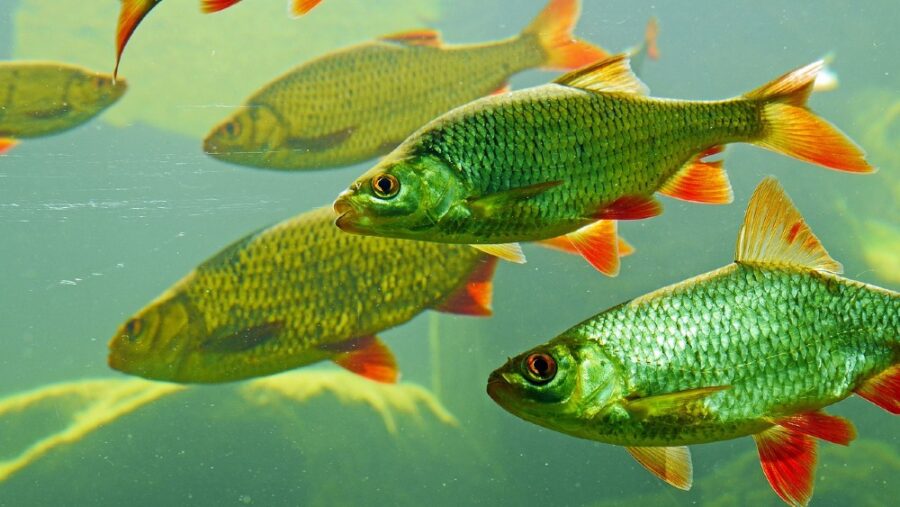
Salmon may now have their own version of air conditioning, thanks to a groundbreaking fish cooling experiment conducted in the Wrights River of Nova Scotia, Canada. Civil engineer Kathryn Smith, from Dalhousie University in Halifax, Canada, presented her findings at the Geological Society of America meeting on October 17 via Science News.
A Civil Engineer Has Plans To Dump Cold Water Into Rivers To Save Fish
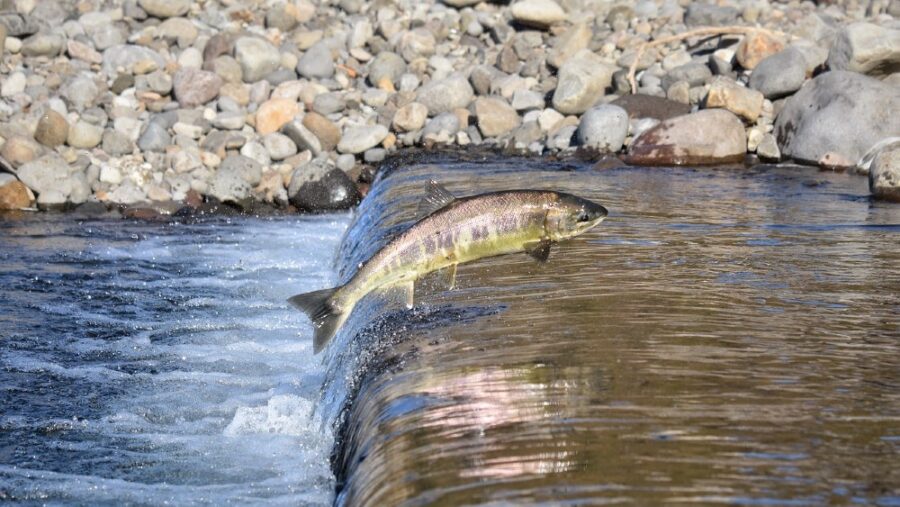
The experiment aims to combat the rising temperatures in rivers to conserve cold-water fish species. This pioneering work, though still in the proof-of-concept stage, offers a glimmer of hope amid the growing challenges posed by climate change. When water temperatures rise to uncomfortable levels, fish, including Atlantic salmon and other cold-water species, face severe stress and often die.
Little Is Currently Being Done To Save Cold-Water Species From Warming River Temperatures
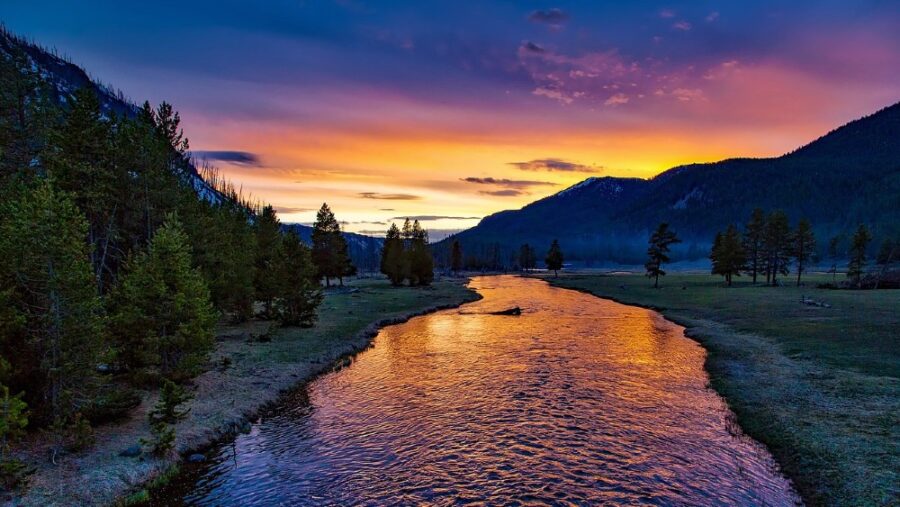
In natural settings, these fish seek refuge in cooler areas, such as groundwater springs or relatively cooler tributaries. However, Smith pointed out that efforts to safeguard these naturally occurring cool zones have been extensive but insufficient. “There hasn’t really been an emphasis or focus on if we can create cold-water habitat,” Smith said, explaining the reasons behind the experiment.
The Experiment Cooled River Temperatures Down By 20 Degrees
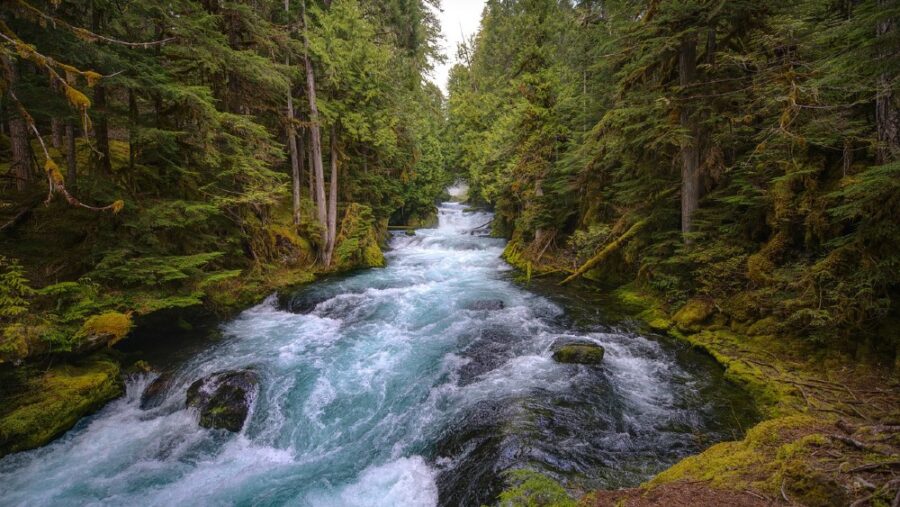
To explore this option, Smith and her team pumped groundwater from a nearby well (approximately 9 degrees Celsius or 48 degrees Fahrenheit) into the fish-filled Wrights River. This ingenious approach led to the creation of an artificial plume of water, which was as much as 20 degrees Celsius cooler than the surrounding river water. The results were remarkable.
The artificially created plume attracted hundreds of fish of varying life stages and species, including Atlantic salmon and brown trout. Most notably, alevins, which are juvenile fish still attached to their yolk sacs, predominantly occupied the plume throughout the tests. During a heatwave that brought water temperatures to 30 degrees Celsius, more mature fish also sought shelter in the cooler water.
A Natural Alternative Is Also Being Considered To Cool Temperatures
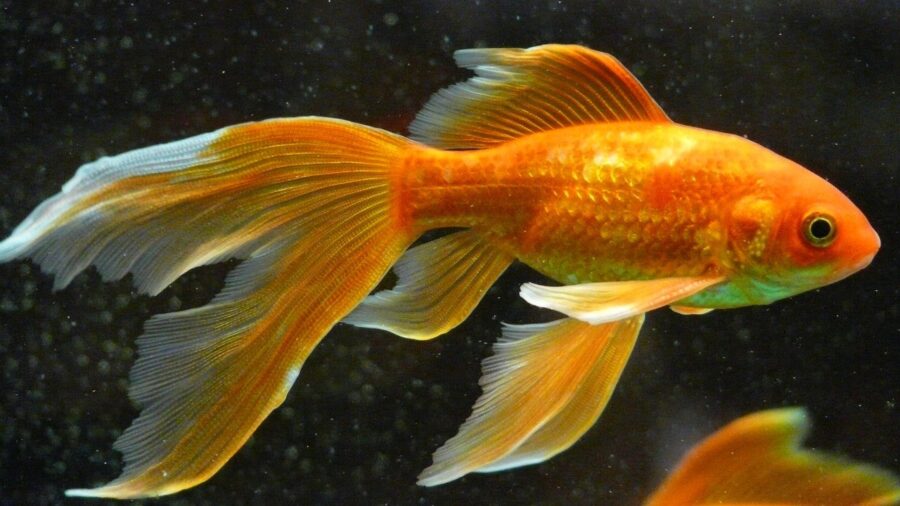
For an energy-efficient alternative, the researchers reconfigured the river’s flow by rerouting some of the water into an underground trench, allowing it to naturally cool before returning to the river. Although this method resulted in only a few degrees Celsius of cooling, the fish were observed gathering in the passively cooled water throughout the summer.
John Ackerman, a consulting engineer based in Hazleton, Pennsylvania, who was not involved in the experiment, said that more research is needed to determine how many of these sites would need to be constructed and maintained to significantly benefit fish populations. Additionally, energy costs must be minimized for these solutions to be sustainable.
This Concept Could Become A Game-Changer In Saving Thousands Of Species
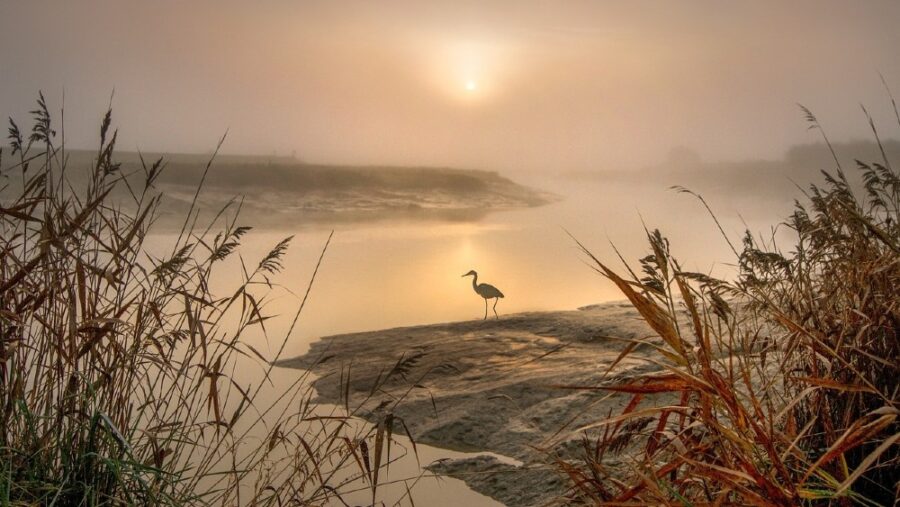
Nevertheless, Ackerman believes that the concept is sound, and the researchers have shown that these innovative approaches can be effective. Creating artificial cold-water habitats in rivers could be a game-changer in the conservation efforts for cold-water fish species.
Climate change is causing problems for many cold-water fish species, as warming waters increase pressure on their survival and hinder their ability to adapt. Major fish species in the North Sea, including cod and haddock, have traveled miles to seek out cooler waters in response to the continuing rise in the temperature of the area’s waters over the past 25 years.
Moreover, climate change is causing fish to evolve to a smaller size, reducing their ability to move to more suitable environments. That means several species will be unable to evolve to manage warmer temperatures, increasing their risk of dying out. This has severe implications for all fish and our food security, as many species we eat could become extinct.












